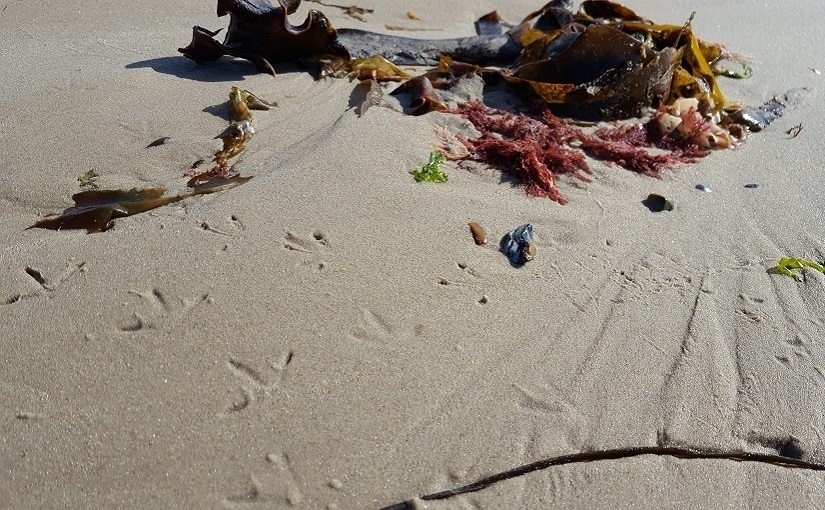Life is clearly incredibly complex; however we choose to look at it. Rather than a simple existence, settled in one place, the future largely mapped before you – as it seemingly once was – we’re now faced with a strangely fast-moving, ever-shifting reality where actions have impacts on a scale previously unimaginable.
Maybe it’s always been the case that we “meet” the world through family, community, peers, culture and society; becoming a product of our time and place, shaped by all we find about us and how we learn to relate to it all (see Notes One). This infolding and outworking of ideas, attitudes and their consequences may be a philosophical view of life, but might also be quite practical (Notes Two).
Modern life certainly seems very different from what’s gone before though: the things that influence us, the ways we relate, the ideas behind both those realities. Where life used to be fairly tightly held in terms of beliefs and conventions, the complete opposite now seems the case. Yet all these things still shape us, changing how we view one another and what we consider to be important.
Given the global nature of our connections, maybe it’s also that we’re much more aware of this complexity. We can know how our choices serve to shape the lives of others in distant corners of the planet; all our actions effectively forming part of these vast chains, making up the systems and tendencies of the modern world.
It’s fascinating to contemplate how relatively simple ideas have spread so quickly, reshaping how things are through the real world impacts of information, technology, or economic behaviour (Notes Three). Also how, while we’ve maybe never been so powerful in many ways, the paths to take in life are far from clear. It seems easier to lose the sense of yourself.
And that, I suppose, is the point I’m trying to pin down here: that within all this complexity of pace, choice and information there’s still just the self that’s trying to make sense of things and hopefully build a meaningful life within it all.
We might have the power that comes from knowledge; the freedom that comes with breaking the restraints of physical limitations or cultural traditions and the like; but finding the point where we can bring all this to bear within our lives must, in a way, be more difficult than ever.
The systems that make up how we live, although familiar, must be more complex now; as is our awareness of all the wonderful divergence spanning the globe from the past, the present, and the countless differing views we might hold about life itself. Then there’s the strange knowingness of how we live, the self-assured confidence of our particular brand of understanding as we strike our own path through the opportunities offered.
Seeing through all this to what we’re actually doing, how we’re treating one another, what we’re creating now and for the future – finding our place within it all – surely isn’t easy.
Notes and References:
Note 1: Mirrors we offer one another
Note 1: Human nature and community life
Note 1: Learning to be human
Note 2: Thoughts on art & on life
Note 2: Nature tells a story, about the planet
Note 2: David Bohm, thoughts on life
Note 3: The web and the wider world
Note 3: Modern media and complex realities
Note 3: Economy & Humanity
Looking further at appearances and realities, there’s Patience with the pace of change.










